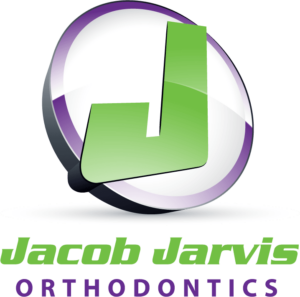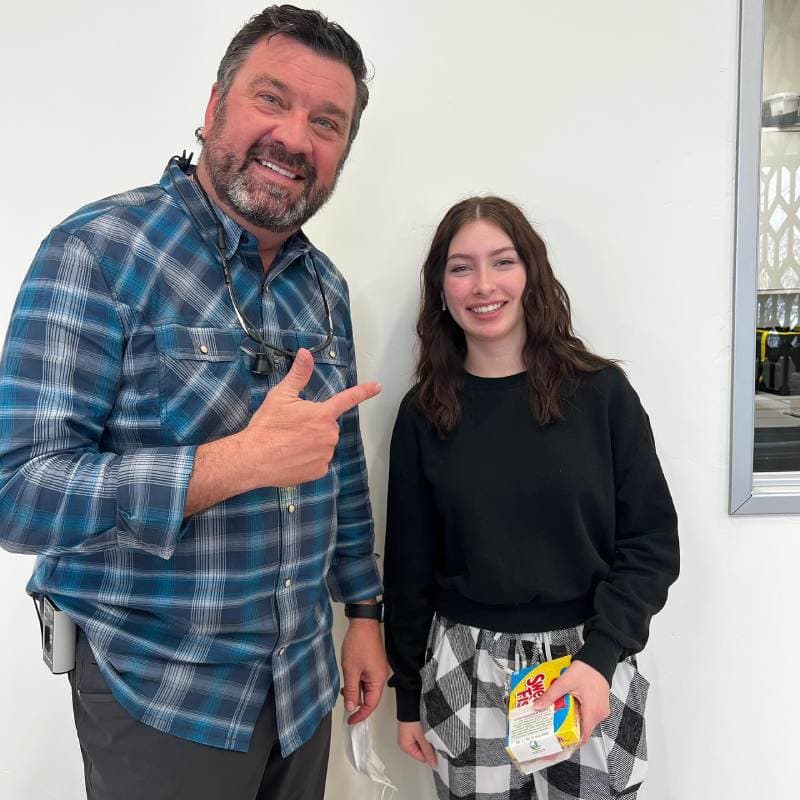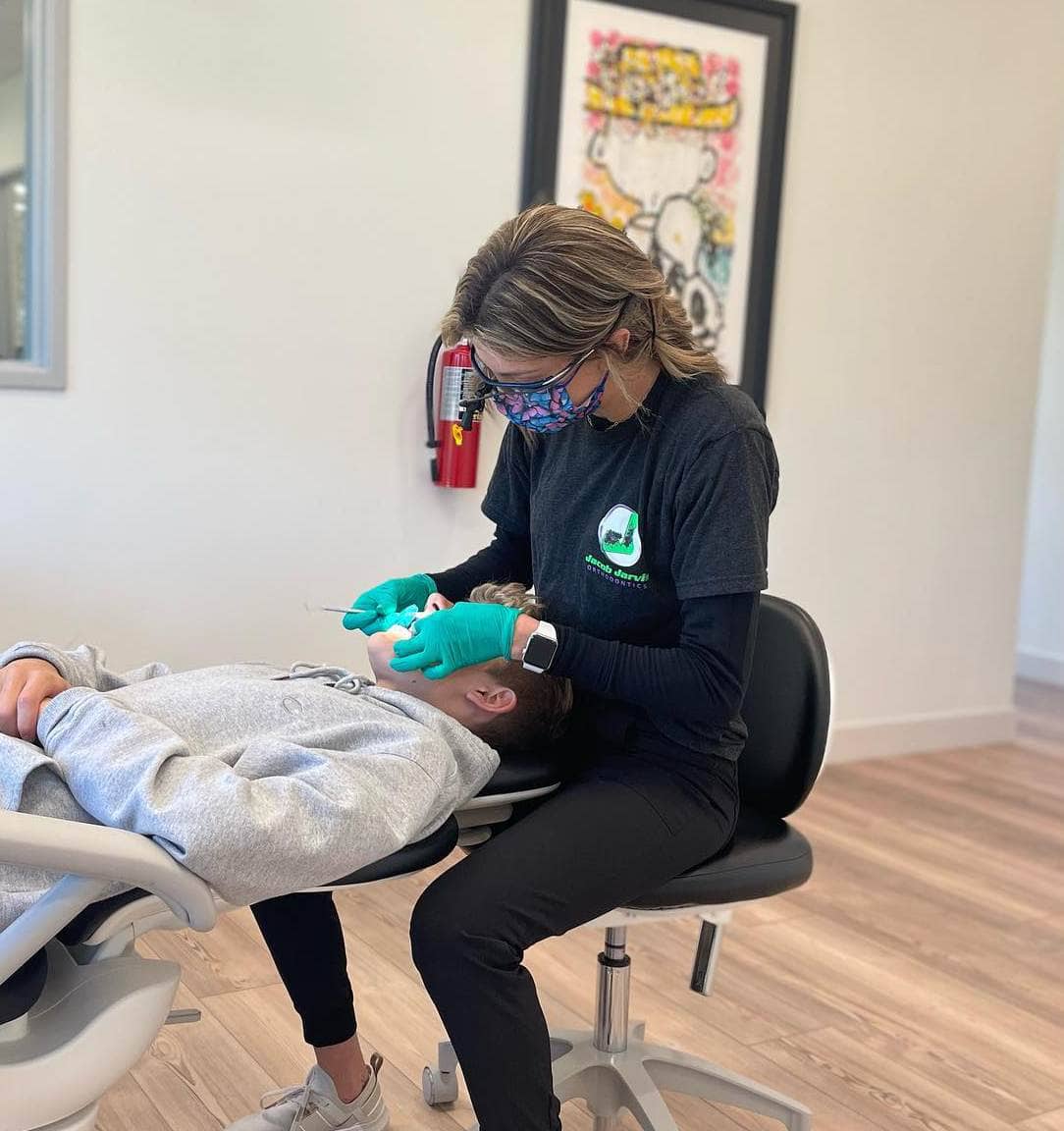Orthodontic treatment, whether braces or aligners, is a significant investment in oral health and appearance. But the journey doesn’t end once your teeth are straightened. To maintain those beautiful results, wearing orthodontic retainers as directed by your orthodontist is crucial. Retainers play a vital role in preventing your teeth from shifting back to their original positions over time.
The Importance of Orthodontic Retainers
Orthodontic retainers are essential tools for maintaining orthodontic treatment results. They play a crucial role in preventing teeth from shifting back to their original, misaligned positions, ensuring a long-lasting and beautiful smile.
Stability: A Cornerstone of Retainer Use
Even after orthodontic treatment is complete, teeth continue to exert subtle forces on each other. These forces can cause teeth to move slightly over time, potentially undoing the alignment achieved through braces or aligners. Retainers act as a stabilizing force, holding teeth securely in their new positions and preventing them from drifting.
Relapse Prevention: A Crucial Role
One of the primary functions of retainers is to prevent relapse. Without retainers, teeth are more likely to gradually shift back toward their original misalignment. This is especially true in cases where the initial misalignment was severe or the patient’s teeth have a strong tendency to move. Retainers help counteract these forces, ensuring that the orthodontic results are maintained.
Long-Term Benefits: A Lifetime Investment
Wearing retainers consistently is an investment in your long-term oral health and appearance. By preventing relapse, retainers help maintain a beautiful and confident smile for many years to come. Additionally, a well-aligned bite can improve your overall oral health by preventing issues such as tooth decay, gum disease, and jaw joint problems.
Orthodontic retainers are a vital component of orthodontic treatment. They provide stability, prevent relapse, and ensure long-lasting results. By wearing retainers as directed by your orthodontist, you can enjoy a healthy and beautiful smile for years to come.
Types of Orthodontic Retainers
Orthodontic retainers come in various forms, each with its unique advantages and disadvantages. Your orthodontist will carefully evaluate your specific needs and recommend the most suitable type for you.
Fixed Retainers
- Description: These are thin wires that are permanently bonded to the back of your upper or lower teeth.
- Benefits: Fixed retainers offer the most stable retention, ensuring that your teeth stay in place for a long time. They are also less likely to be lost or forgotten.
- Drawbacks: Fixed retainers can be more difficult to clean, as food particles can become trapped beneath them. They may also make it slightly more challenging to floss your teeth.
Removable Retainers
- Description: Removable retainers are typically made of clear plastic or wire and can be taken out for cleaning, eating, or special occasions.
- Benefits: Removable retainers are generally more convenient and comfortable than fixed retainers. They also allow for easier oral hygiene.
- Drawbacks: Removable retainers require consistent compliance. You must wear them as directed by your orthodontist to maintain the results of your treatment. There’s also a risk of losing or damaging them.
Essix Retainers
- Description: Essix retainers are custom-made, clear plastic retainers that fit snugly over your teeth.
- Benefits: Essix retainers are virtually invisible, making them a popular choice for those who are concerned about their appearance. They are also comfortable and easy to clean.
- Drawbacks: Like removable retainers, Essix retainers require consistent compliance. They can also be more prone to warping or cracking if not handled carefully.
Ultimately, the best type of retainer for you will depend on your lifestyle, preferences, and the specific needs of your case. Your orthodontist can provide personalized recommendations and guidance to help you choose the most appropriate option.
Proper Care and Maintenance of Orthodontic Retainers
Orthodontic retainers require proper care and maintenance to ensure their longevity and effectiveness. By following these guidelines, you can help maintain the results of your orthodontic treatment and prolong the life of your retainers.
Daily Cleaning
- Regular brushing: Clean your retainers daily with a soft-bristled toothbrush and mild toothpaste. This helps remove food particles, plaque, and bacteria that can accumulate on the retainer’s surface.
- Gentle cleaning: Avoid using abrasive cleansers or hard-bristle brushes, as these can scratch or damage the retainer’s material.
Soaking and Disinfection
- Regular soaking: Soak your retainers in a retainer cleaning solution or warm water with a denture cleaning tablet at least once a week. This helps to eliminate any stubborn bacteria or plaque that may have accumulated.
- Avoid harsh chemicals: Avoid using bleach or other harsh chemicals, as they can damage the retainer’s material.
Proper Storage
- Protective case: When not wearing your retainers, store them in a protective case to prevent damage and loss.
- Avoid direct sunlight: Exposure to direct sunlight can cause the retainer’s material to deteriorate.
Temperature Control
- Avoid extreme temperatures: Retainers should be kept away from extreme temperatures, such as hot water or a dishwasher. Heat can warp or damage the plastic material.
Regular Check-Ups
- Routine visits: Schedule regular check-ups with your orthodontist to ensure that your retainers are fitting properly and that your teeth are maintaining their alignment.
- Address issues promptly: If you notice any problems with your retainers, such as breakage, discomfort, or difficulty removing or inserting them, contact your orthodontist immediately.
By following these care guidelines, you can help extend the life of your orthodontic retainers and maintain the beautiful results of your orthodontic treatment.
Common Retainer Issues and Solutions
Orthodontic retainers can sometimes experience issues that may affect their comfort or effectiveness. If you encounter any problems, it’s important to address them promptly to avoid further complications.
Common Retainer Issues
- Breakage: Retainers can break or crack, especially if they are dropped or mishandled.
- Discomfort: Retainers may cause discomfort, particularly when first worn or if they are not fitting properly.
- Difficulty removing or inserting: Some retainers can be challenging to remove or insert, especially if they are tight or if your teeth have shifted slightly.
- Loss or damage: Retainers can be lost or damaged if not stored or handled carefully.
Solutions
If you experience any of these issues, it’s crucial to contact your orthodontist for guidance. They can assess the situation and provide appropriate solutions, which may include:
- Repair or replacement: If your retainer is broken or damaged, your orthodontist may be able to repair it or provide a replacement.
- Adjustment: If your retainer is causing discomfort or is difficult to remove or insert, your orthodontist may be able to adjust it to fit more comfortably.
- New retainer: In some cases, it may be necessary to obtain a new retainer if the original one is no longer effective or comfortable.
Remember, don’t hesitate to seek professional help if you encounter any problems with your retainers. Early intervention can often prevent more significant issues and help you maintain the results of your orthodontic treatment.
Looking for a Trusted Orthodontist in Idaho?
Dr. Jarvis, a board-certified orthodontist at Jacob Jarvis Orthodontics, has extensive experience and expertise in creating beautiful smiles for patients of all ages. With cutting-edge technology and a commitment to personalized care, Dr. Jarvis and his team can help you achieve your desired results and ensure long-lasting success through proper retainer use. We look forward to meeting you and welcoming you into our family! Schedule a free consultation today.
FAQ’s
How long do I need to wear my retainers?
The duration of retainer wear varies depending on individual factors such as the severity of your initial misalignment and your teeth’s tendency to shift. Your orthodontist will provide specific guidelines on how long you’ll need to wear your retainers.
Are retainers uncomfortable?
Some patients may experience initial discomfort when first wearing retainers, especially if they are not used to having something in their mouth. However, this discomfort usually subsides quickly. If you continue to experience discomfort, consult with your orthodontist.
Can I eat with my retainers in?
It’s generally recommended to remove your retainers before eating or drinking anything other than water. Food particles and beverages can become trapped under the retainers and contribute to plaque buildup.
What should I do if my retainer breaks or gets lost?
If your retainer breaks or gets lost, contact your orthodontist immediately. They can arrange for a repair or replacement.
Can I clean my retainers with regular toothpaste?
Yes, you can clean your retainers with regular toothpaste and a soft-bristled toothbrush. However, it’s also important to soak them in a retainer cleaning solution or warm water with a denture cleaning tablet at least once a week.
Can I wear my retainers while sleeping?
Yes, it’s generally recommended to wear your retainers while sleeping to ensure optimal stability and prevent relapse.
Are retainers expensive?
The cost of retainers can vary depending on the type of retainer and your specific needs. However, the investment in retainers is typically much less than the cost of orthodontic treatment itself.
Can I still play sports while wearing retainers?
Yes, you can still play sports while wearing retainers. However, it’s important to choose a retainer that is suitable for your activities. Some retainers may be more durable or have additional features for sports participation.
Can I whiten my teeth while wearing retainers?
Yes, you can whiten your teeth while wearing retainers. However, it’s important to consult with your orthodontist to ensure that the whitening products you use are compatible with your retainers and your teeth.






